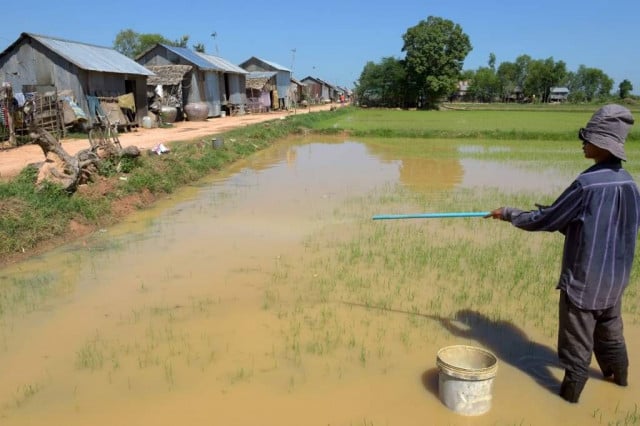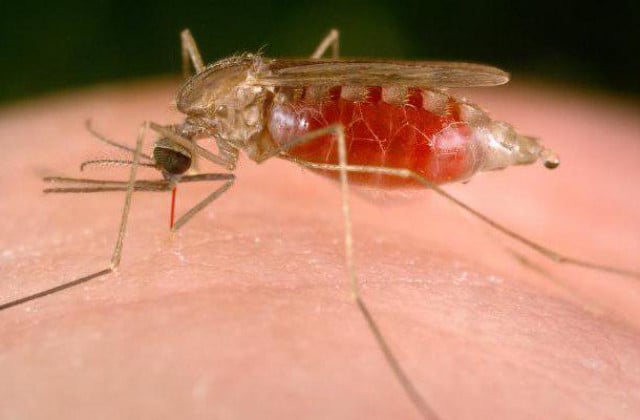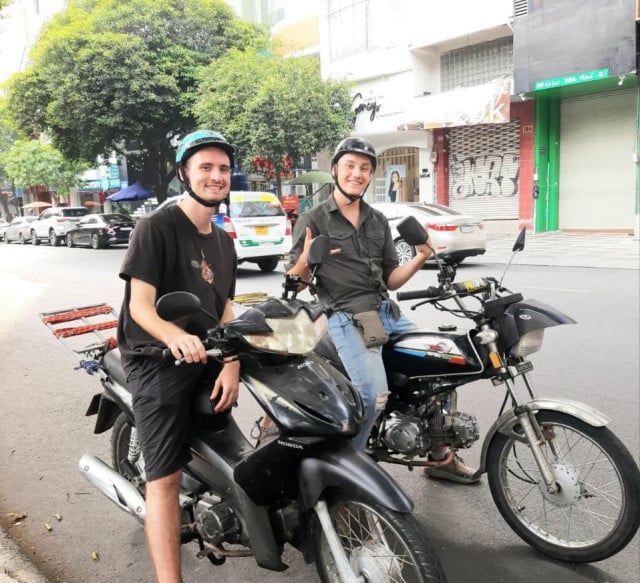Can “Made in Cambodia” Food Products Save the Planet?

- By Cambodianess
- September 28, 2019 3:58 AM
Has this headline made you jump? Good: It was meant to.
Now, let’s talk seriously.
Global warming is threatening the Earth. Storms and tornadoes of devastating proportions, scorching heat, droughts and floods, ice melting, glaciers disappearing, massive fires, and so on. Disasters have come one after the other at a steady pace over the last few years and, viewing this as a consequence of global warming, many climatologists tell us that the worst is still to come.
What can be done?
Nothing some say with the U.S. president leading the way since, according to them, human activity is in no way to blame and this is just a cyclical episode as the Earth has previously gone through.
One must urgently mobilize on all fronts in order to curb the climatic impact of the suicidal human species’ lifestyle, shout others and especially young people who, walking in the footsteps of 16-year-old Swedish Greta Thunberg, lead strikes for the environment in order to urge international institutions to take action as the United Nations Climate Action Summit is being held in New York City.
Let’s say it outright: Those in the first group inspire as much trust as crocodile tears.
Then let’s get back to this story’s headline.
Can Made in Cambodia food products save the planet?
Answer: a little.
Promoting local products and shorter networks between producers and consumers obviously lead to reducing transport energy consumption and having products whose carbon footprint has a smaller effect on global warming.
These smaller networks and their positive carbon footprint are not only of environmental and climatic interest.
They also favor local producers and traditional cultures while creating a link between those producers and their customers. By increasing product traceability, one encourages quality improvement, thus greatly benefitting consumers’ health.
Finally, short circuits set in motion ethical circuits: What is good for the planet is good for the consumer and producer, and vice versa.
And this is how Made in Cambodia can—a little—save the planet.
And, at the same time, save—a little—the country from junk food being unloaded on its soil by the freighter-load.
As long, of course, that this Made in Cambodia carries a security guarantee in order to gain consumers’ trust.
Unfortunately, for the time being, on this account it is not there yet.
Bad luck for the Planet.















